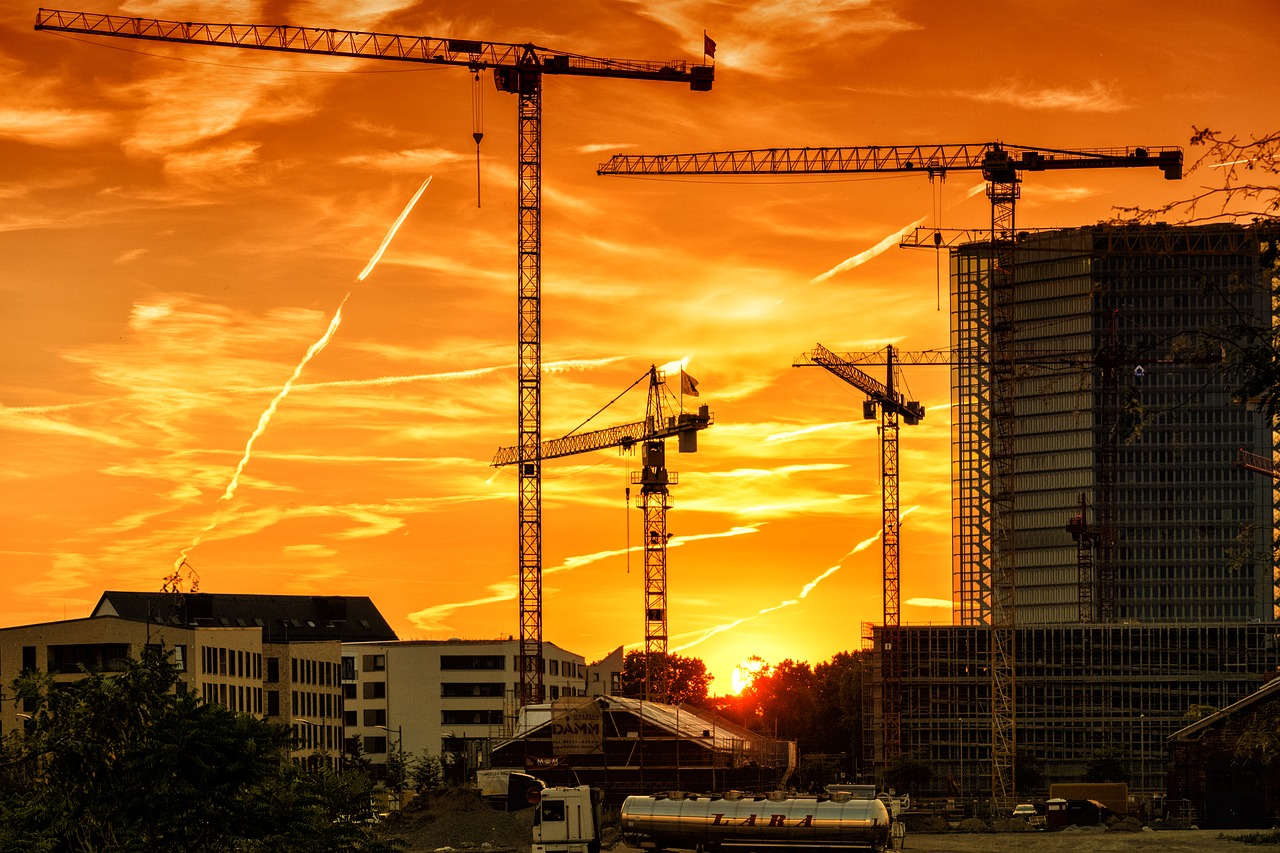National nonresidential construction spending fell 1.2% in July, according to an Associated Builders and Contractors analysis of data published today by the U.S. Census Bureau. On a seasonally adjusted annualized basis, spending totaled $809.1 billion for the month.
Of the 16 nonresidential subcategories, 10 were down on a monthly basis. Private nonresidential spending declined 1.0% while public nonresidential construction spending was down 1.3% in July.
“There are two primary countervailing forces influencing the trajectory of nonresidential construction spending,” said Basu. “The first is a force for good and involves the reopening of the economy and associated rebound in overall economic activity. Despite the lingering pandemic, third quarter GDP growth is likely to be quite strong. All things being equal, this would tend to strengthen business for contractors.
'Next year is shaping up to be an especially harsh one for many contractors, especially as some are already indicating that they are nearing the end of their backlog. The wild card, as is often the case, is Congress.'
“However, the second force at work is not benign and appears to be the stronger of the two,” said Basu. “The crisis has resulted in tighter project financing conditions, battered state and local government finances, substantial commercial vacancy and uncertainty regarding the future of key segments, such as office and lodging. And while backlog was strong at the start of the year, contractors indicate that it is now declining rapidly, in part due to abundant project cancellations.”
“Next year is shaping up to be an especially harsh one for many contractors, especially as some are already indicating that they are nearing the end of their backlog,” said Basu. “The wild card, as is often the case, is Congress. Another stimulus package could go a long way toward improving the trajectory of overall nonresidential construction spending, particularly one with a sizable infrastructure component. The upshot is that declines in nonresidential construction spending are likely even in the context of broader economic recovery.”
Related Stories
| Sep 30, 2022
Manley Spangler Smith Architects partners with PBK in strategic merger
Manley Spangler Smith Architects (MSSA), a Georgia-based, full-service architectural firm specializing in educational and municipal facilities, announced today a significant development aimed at increasing its capabilities, expertise, and suite of services.
| Sep 30, 2022
Lab-grown bricks offer potential low-carbon building material
A team of students at the University of Waterloo in Canada have developed a process to grow bricks using bacteria.
| Sep 29, 2022
FitzGerald establishes Denver office
The new location bolsters FitzGerald’s nationwide reach and capitalizes on local expertise and boots-on-the-ground to serve new and existing clients seeking to do business in Denver and the Front Range, as well as the Southwest United States, California, and Texas.
| Sep 28, 2022
New digital platform to foster construction supply chains free of forced labor
Design for Freedom by Grace Farms and the U.S. Coalition on Sustainability formed a partnership to advance shared goals regarding sustainable and ethical building material supply chains that are free of forced labor.
| Sep 27, 2022
New Buildings Institute released the Existing Building Decarbonization Code
New Buildings Institute (NBI) has released the Existing Building Decarbonization Code.
| Sep 23, 2022
High projected demand for new housing prompts debate on best climate-friendly materials
The number of people living in cities could increase to 80% of the total population by 2100. That could require more new construction between now and 2050 than all the construction done since the start of the industrial revolution.
| Sep 23, 2022
Central offices making a comeback after pandemic
In the early stages of the Covid pandemic, commercial real estate industry experts predicted that businesses would increasingly move toward a hub-and-spoke office model.
| Sep 22, 2022
Gainesville, Fla., ordinance requires Home Energy Score during rental inspections
The city of Gainesville, Florida was recently recognized by the U.S. Dept. of Energy for an adopted ordinance that requires rental housing to receive a Home Energy Score during rental inspections.
| Sep 21, 2022
New California law creates incentive for installing outdoor dining safety barriers
A new California law provides an incentive for commercial property owners to install barriers to protect outdoor diners.
| Sep 21, 2022
Demand for design services accelerates
Demand for design services from U.S. architecture firms grew at an accelerated pace in August, according to a new report today from The American Institute of Architects (AIA).

















